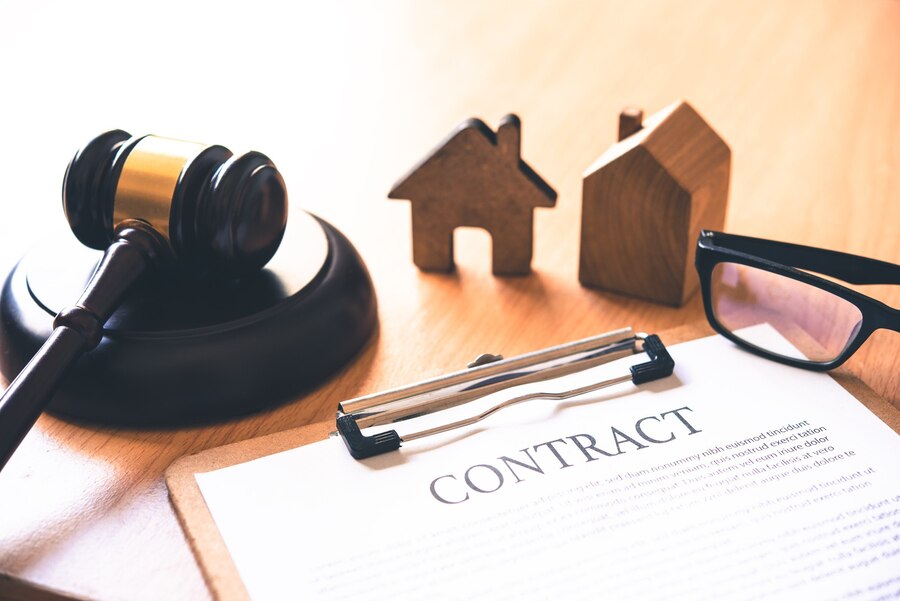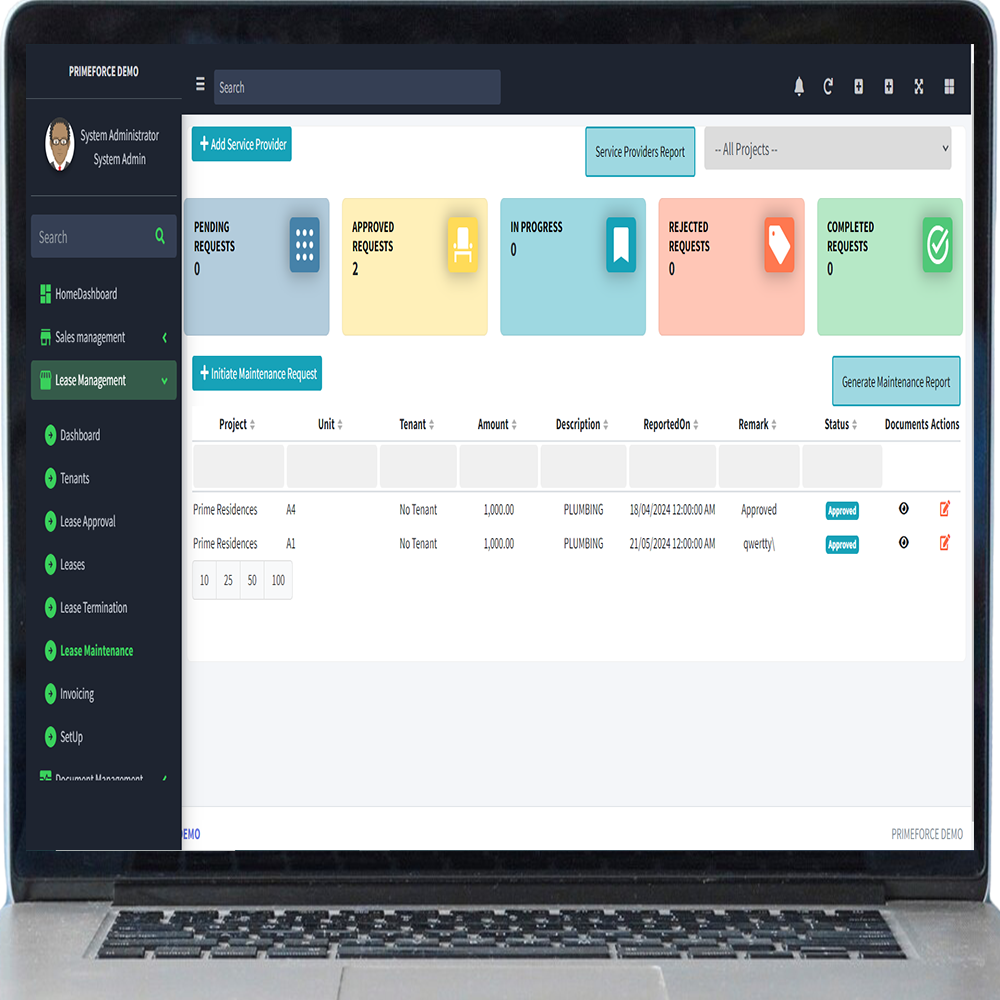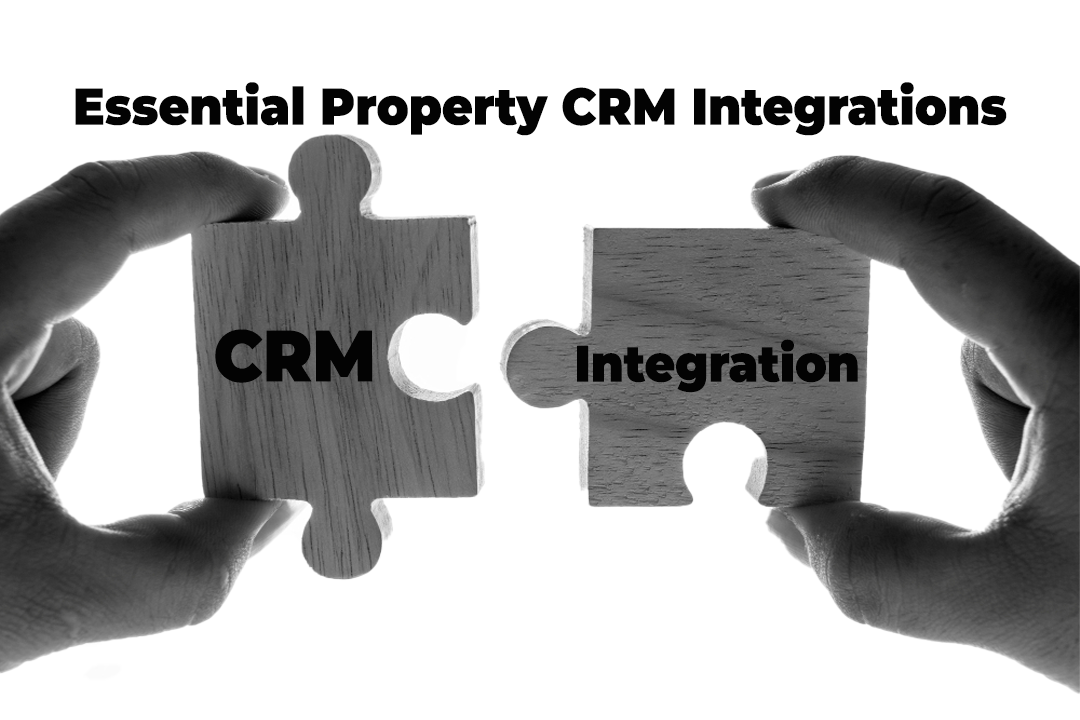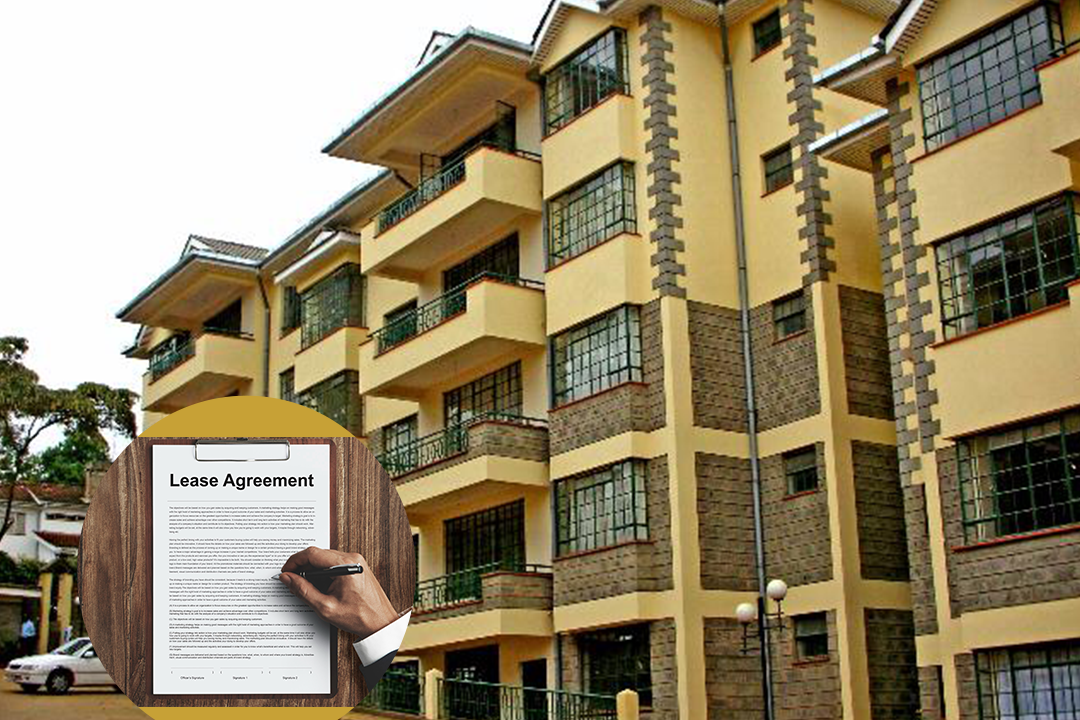 Demystifying Tenant Law in Kenya: A Guide for Tenants and Property Managers
Demystifying Tenant Law in Kenya: A Guide for Tenants and Property Managers
Renting homes is an integral part of many Kenyans especially those who live in the urban centers. According to 2019 Kenya Population and Housing Census Reports, 38.7% of Kenyan population rent properties to get a place they can call home. However, the tenant-landlord relationships can sometimes have challenges thus making it very important for tenants to understand their responsibilities and rights enshrined in the Kenyan laws. In this article, we elaborate the responsibilities of a tenant and the right and protections afforded to them.
Tenants Responsibilities
- Paying rent: Tenants are responsible and expected to pay rent in full and on time as the stipulation in the lease agreement. Failure to do so can attract penalties and even eviction.
- Property Maintenance: Tenants are required to maintain the premises in a clean and habitable condition at all times. This is albeit to the general responsibility of property owners to do larger repairs and ensuring the property is in a habitable manner. Tenants should at all time ensure that they do not damage the property they lease.
- Compliance with Tenancy Agreement: Tenants shall adhere to the terms and conditions stipulated in the lease agreement, including restrictions on activities such as subletting the property or engaging in unlawful activities on the property.
- Respect for Neighbors: Tenants are expected and required at all times to respect the rights of others in living in the premises. They should at all times refrain from activities which might erode the peace or enjoyment of others living in the premises.
Your Rights
- Right to Privacy: A tenant Is guaranteed a right to privacy within the rented premises. The landlord must all times respect the tenant privacy and thereof cannot enter the premises without a prior notice except during special occurrences such as emergencies or as specified in the lease agreement.
- Right to Due Process: All tenants have a right to due process before they are evicted out of the rented premises. Property owners shall at all times follow the legal process stipulated in the Kenyan law which includes obtaining a court order and serving an eviction notice.
- Right to Fair Housing Practices: Discrimination and denying a person to rent based on factors such as race, religion, ethnicity, gender, or disability is prohibited by law. Landlords shall not deny housing or treat tenants unfairly on these grounds.
- Right to Habitability: Every tenant in Kenya is entitled to reside in a habitable premises. This implies that landlords must maintain the property in a safe and good state, without risks that could threaten the tenants' health or safety. This includes having adequate sanitation, proper ventilation, and ensuring the structural soundness of the building. Tenants should anticipate a specific quality of living conditions.
- Right to Repairs: if the property is damaged or has any issue which can affect the habitability, the tenants have a right to ask the premises owner to repair. Such repairs should be well done and in a timely manner to avoid inconveniencing the tenant.
Protections
- Dispute Resolution: If a disagreement arises between a tenant and a landlord, there are options for resolving it, such as mediation and arbitration. These methods can assist both parties in finding a mutually agreeable solution without needing to go to court. If the disputes haven’t been solved then court is an option.
- Legal Aid: Tenants who cannot afford legal fees and lack legal representation might qualify for legal aid services offered by the government or non-profit organizations. This ensures they have access to justice regardless of their financial situation.
- Tenant Associations: Becoming a member of a tenant association can give tenants collective bargaining strength and access to resources and support for handling landlord-tenant matters.
Conclusion
Understanding your rights and responsibilities as a tenant is essential for maintaining a harmonious landlord-tenant relationship. By knowing the legal protections and fulfilling their obligations, tenants can ensure a secure and stable living environment. Additionally, seeking help from legal and advocacy organizations can empower tenants to assert their rights and address any issues that arise during their tenancy.









